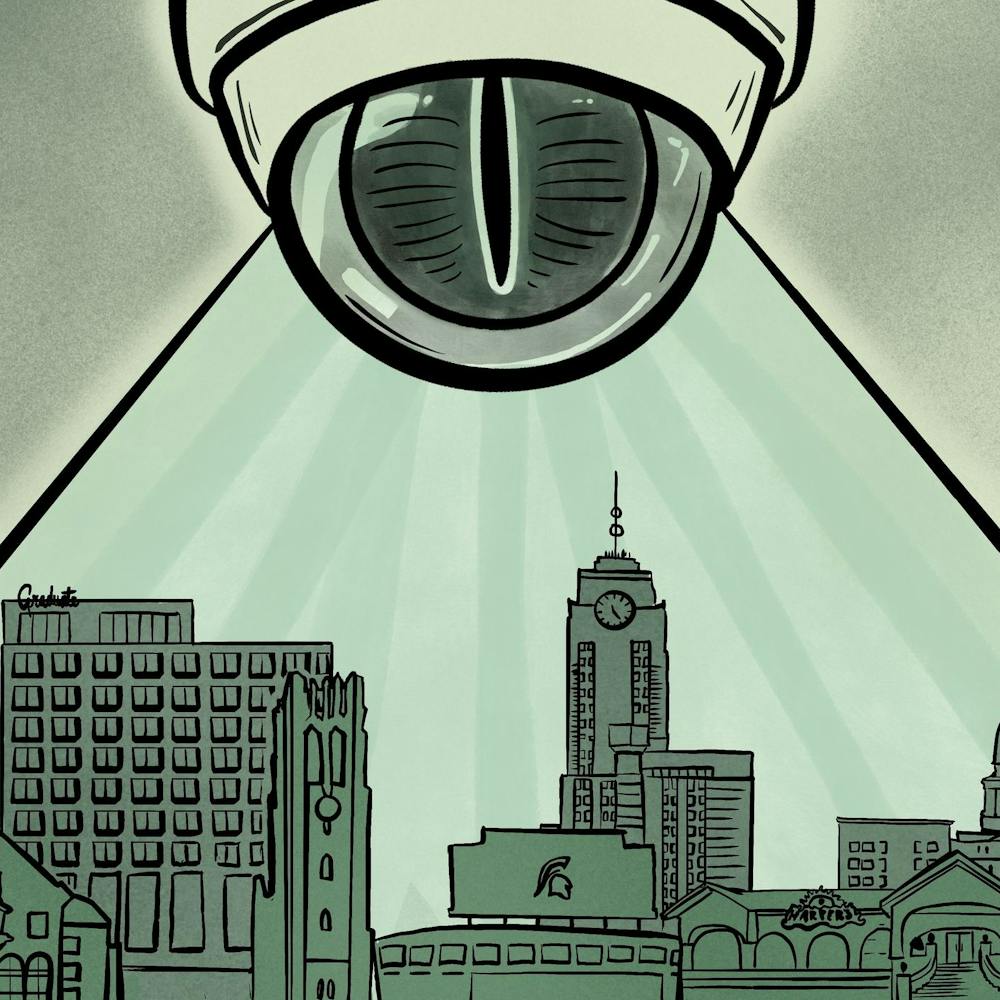With the cold and flu season here, it can be hard to know when sniffles and sneezes require only a bowl of chicken noodle soup or a doctor’s care and antibiotics. Especially when it comes to meningitis.
Meningitis is an infection of the tissue that lines the spinal cord and brain. The disease, which has caused recent fatalities in Detroit, is usually caused by a viral or bacterial infection.
The symptoms of meningitis include stiff neck, high fever, headache, nausea, vomiting, discomfort when looking into bright lights, confusion, sleepiness, extreme fatigue and rash. Symptoms can either develop over several hours or take one to two days.
Dr. Beth Alexander, a university physician, said meningitis shares some of the symptoms of the common cold. Yet there’s a distinct difference.
“You go from feeling very healthy to feeling very sick in a very short amount of time,” she said. “Meningitis is rapidly progressive and it doesn’t normally behave like a cold or the flu.”
There are two main types of meningitis - viral and bacterial. Bacterial meningitis is more dangerous than viral. It requires antibiotic treatment and often a stay in the hospital. The viral type has no treatment and works its way out of the body like a cold.
“Viral meningitis doesn’t have a specific treatment,” Alexander said. “It generally doesn’t get people so sick that they need to go to the hospital.”
There are five different strains of bacterial meningitis - A, B, C, Y and W. The Menomune vaccine protects against four of these. But there is no vaccine for the B strain.
MSU immunization expert Dr. Dennis Murray said the C strain accounts for about 30 to 40 percent of the cases seen in high schools and on college campuses.
Meningitis is spread through activities that involve respiratory and throat secretions such as kissing, sharing eating utensils and coughing.
Murray said a small number of the population houses the bacteria responsible for meningococcal meningitis within their noses and throats.
“(The bacteria) causes a problem when it gets transferred from someone who has it as a normal part of their system to someone who’s never experienced it before,” Murray said.
Alexander said meningitis is not easy to catch, but she encourages students to get vaccinated anyway.
In October 1999, an MSU student was diagnosed with meningitis but made a full recovery. Still, the university immunized about 14,000 students after the incident occurred.
In 1997, after two MSU students died from the disease, the university vaccinated 6,000 students.
“Meningitis is not generally considered highly contagious, but it can be a problem when you have lots of people living in close quarters,” Alexander said.
A recent outbreak in the Detroit area is another reason to seek immunization. Nine Detroit-area cases of the disease have been diagnosed in the past month. And three children have died of meningitis since Sept. 28.
While Alexander said she doesn’t expect a mass immunization at MSU like in past years, she urges students to get checked out.
“We’re not anticipating that there will be an outbreak on campus, but we encourage students to get all the vaccinations they need, including this one (Menomune),” she said.






